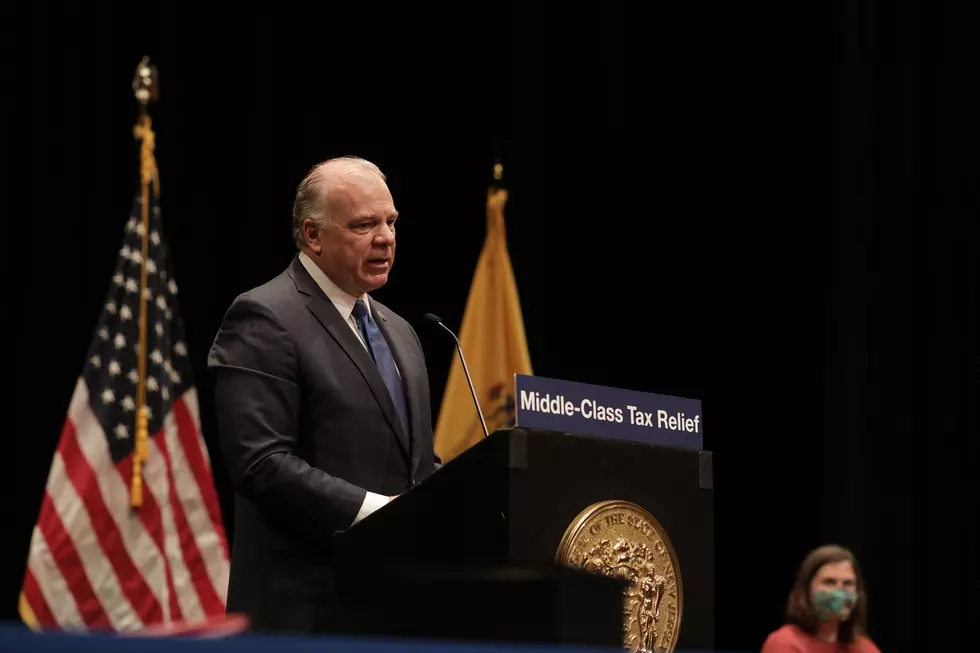
Can ‘Path to Progress’ progress in an election year?
In the end, Gov. Phil Murphy got his long-sought millionaires tax without having to approve Path to Progress reforms such as revamping pensions or merging school districts.
Senate President Steve Sweeney says he secured a commitment that there will be talk about such changes in 2021 – but is that realistic in an election year?
“I’m serious that we need to at least address a lot of these reforms that have long been waiting,” said Sweeney, D-Gloucester. “New Jersey has a lot of problems. It’s no secret. So these are hard problems to fix, but we’ve got to get serious with the finances of this state.”
Rider University political scientist Micah Rasmussen said given New Jersey’s budget constraints, it’s understandable why they’re back in the conversation. But he noted labor unions are part of Murphy’s coalition and doubts he’d cross them in 2021.
“You would not expect it to be the election year budget,” Rasmussen said. “It’s always the trickiest one. It’s always the most feelgood one. You save the pain and the doom and gloom for the years when you’re not up for election.”
The 2022 budget probably starts with a deficit, as $4.5 billion is being borrowing to balance the current spending plan. Sweeney said a lot of tough decisions will have to be made but that he doesn’t want it to become confrontational.
“Any decisions, I want to be clear, any decisions we make we want to work with our labor partners,” Sweeney said at last week’s budget-signing ceremony. “We want them at the table, not be told. So I wanted to clear that up. We want to work with everyone.”
Gov. Phil Murphy echoed that point.
“Labor is at the table in New Jersey unlike any other state in America, and that will always continue to be the case,” Murphy said.

Sweeney advocates for cost-saving changes such as a new form of pensions for future workers and adding infrastructure assets to the retirement system, caps on sick leave payouts and regionalizing K-12 school districts to save money on administrative costs.
Rasmussen said it’s probably not a conversation that unions want to have – but that they know it’s coming eventually, at least affecting benefits for future workers.
“That’s really where tough conversations are coming ahead,” he said. “Whether they come this year or they come next year or they come in a couple years, I think we can all see them coming. They’re not going away.”
Michael Symons is State House bureau chief for New Jersey 101.5. Contact him at michael.symons@townsquaremedia.com.
KEEP READING: Here are the best places to retire in America
More From New Jersey 101.5 FM









